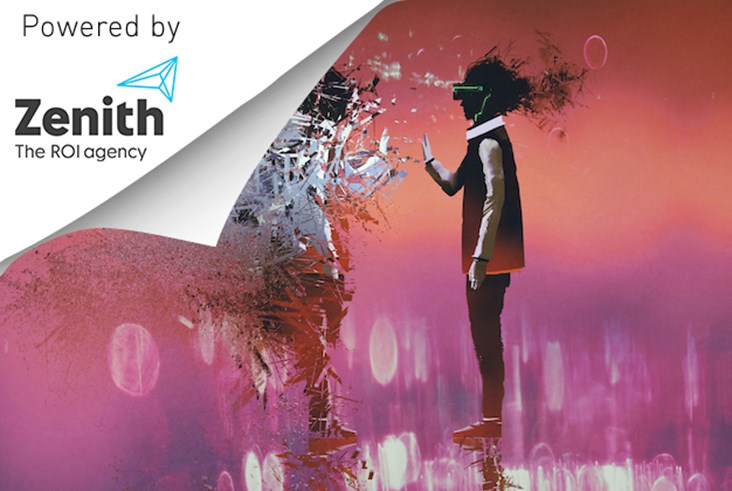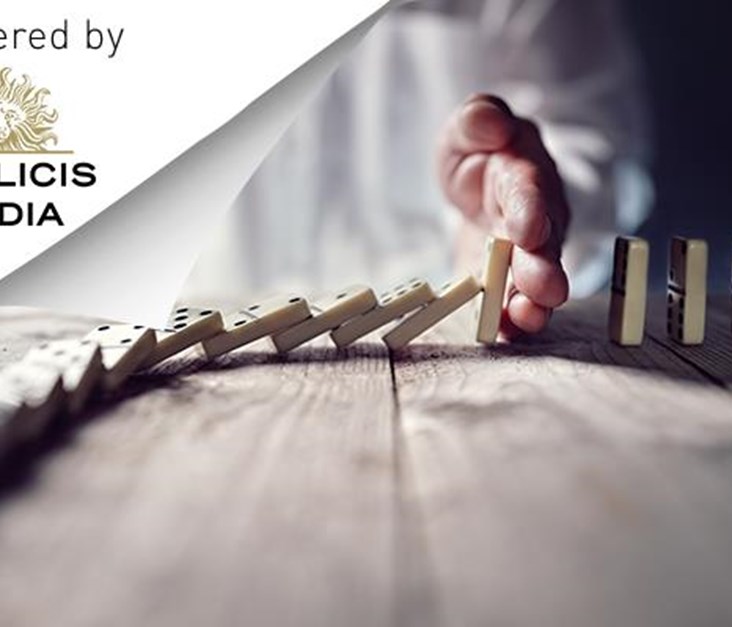Top Technology Trends for Digital Transformation
Back
Technology moves so fast, sometimes it’s hard to keep up. Advancements in tech have changed our world and in recent times it’s disrupted nearly every industry. Gone are the days of reading to kids from a big bright book as small children now grip their shiny new tablets loaded with learning games and stories. Nearly all industries across the spectrum have been impacted in one way or another by technological advancements. As 2017 draws to a close, 2018 will be bringing a whole new swath of trends that could turn several industries on their heads.
5G People born after 1999 probably don’t even remember life without cell phones. The onset of 3G speeds spurred the smart phone craze and 4G speeds truly pushed us into the era of going mobile. From banking to getting a cab, everything is done on our phones now. NextWeb already predicts by 2020 90% of people over 6 years old will have a smart phone. Buses and metros are packed with people streaming the latest Netflix series as they wait for their next stop. 5G promises even more change as faster speeds will push towards greater interconnectivity. Higher speeds will allow brands to reach customers and diagnose their problems faster. Businesses will be able to collect data faster as well and all new apps.
Virtual Reality and Augmented Reality
If the popularity of Pokemon Go is any evidence, Virtual Reality and Augmented Reality are shaking up the gaming industry. Hand held controls and pixilated screens have given way to headsets that transport gamers into a virtual world. As Google and Samsung have introduced cheaper VR options this year (Google’s Daydream and Samsung’s Gear VR), virtual reality is truly set to be as mainstream as the N64’s of yesteryear.
Beyond gaming though AR and VR could how conferences and seminars are held. Professors could easily teach around the world through holograms or VR headsets. People lookings for a new car could just strap on their headset to get a life like look of a new automobile. It has even impacted the music industry as musicians like Michael Jackson have digitally been brought back to life via holograms.
Artificial Intelligence
No not the movie but as more people are calling out to Alexa and Siri, we are reaching a point where artificial intelligence (AI) and robotics has become a part of our everyday life. AI is even writing its own horror stories and creating its own language!
AI is truly packing a punch in the customer service and human resources department. Already Bank Audi’s headquarters has a humanoid robot greeting customers and assisting them on where they should go to in the branch. Legal offices are already using robots and AI to sift through potential clients to see who might have a plausible case. And just this past month Saudi Arabia granted a robot \ citizenship, sparking a debate on robot rights.
IoT
What is IoT exactly? Literally the Internet of Things refers to the connection of devices to the internet besides your laptop or smartphone, i.e. smartcars, smartTVs, and even kitchen appliances. Business Insider estimates by 2020 there will be 24 billion of these type of gadgets on Earth, or an average of four per person.
Not only have these devices revolutionized our everyday lives; they’re pushing data and analytics in whole new directions. These devices can collect and send data without consumers or businesses lifting a finger. And with the advent of 5G in the near future and faster internet speeds, more devices will soon be listed as ‘smart’. Besides data and analytics, it will have a huge impact on the health sector as there even smart heart monitors, which automatically send your doctor
Blockchain
Thanks to Bitcoin, blockchain is increasingly becoming a household term. The main core of such crypto currencies, is the use of blockchain. Blockchain is a database of individual actions, or “blocks,” marked with a timestamp. As more competitors to Bitcoin are appearing, the importance and use of blockchain software has only grown. Besides finance, companies have used blockchain technology to issue quality of assurance certificates and other types of certifications in order to stop counterfeit certificates. In May of this year IBM launched its own Blockchain Founder Accelerator program, with the ultimate goal of helping businesses make use of and develop blockchain technologies.
Latest Business
Intelligence Report














